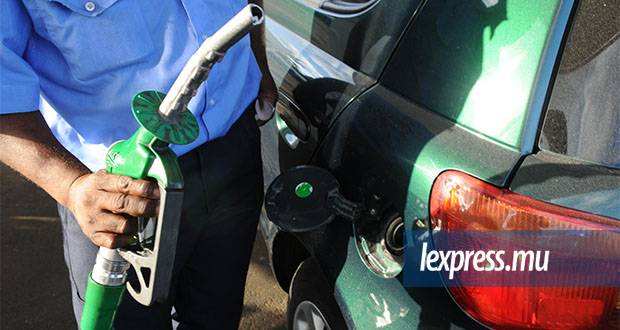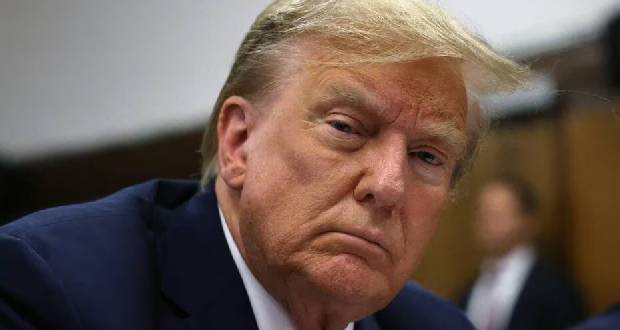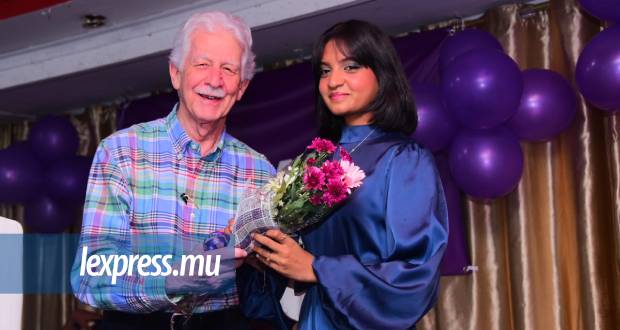Publicité
The State of Mauritian Democracy
Par
Partager cet article
The State of Mauritian Democracy

Often feted as an aspirational concept, democracy is undergoing a phase of deep discontent, disconnect and disillusionment across the world. This trend is mostly entrenched in Western based democracies where democracy was born and consequently ‘marketed’ to the rest of the world (especially the developing countries) as a concept to be emulated (see Diamond, 2015).
So why is there such a crisis in democracy? Is it because the concept has not meaningfully changed citizens’ life? Is it because it has lost its ability to inspire people? In fact, two recent publications (EIU, Democracy Index, 2016 and Freedom House Index, 2016) make for an uncomfortable read as to the extent of democracy’s decline across the world.
Despite the general decline, one cannot however generalise that all is lost. The recent gains in West Africa speak volumes where the holding of fair and balanced elections (considered as one of the important tenants of democracy) delivered a peaceful transfer of power – Nigeria (2015), Ghana (2016) and even saw the departure of Gambia’s Yahya Jammeh after 22 years of uninterrupted tyrannical rule. To further substantiate this argument, that democracy continues to matter, findings from Afrobarometer Round 6 point to the fact that the demand for democracy is strong in a number of African countries and citizens relate the concept to civil liberties and personal freedoms.
Moving away from evolutionary to revolutionary democracy
So what about Mauritius? Celebrated at a ballot as opposed to a bullet culture, Mauritius has for a number of years featured as the star performer on the African democratic scoreboard. This notion has also been sustained by the often highly romanticized and at times uncritical writings on Mauritius. This author strongly believes that Mauritius should embrace a more revolutionary approach to democracy. Yes, we tick high when it comes to the number of elections held (10 since post-independence), high voters’ turnout, regular power turnovers, the management of elections, a relatively free media and the existence of an independent judiciary. However, what is often overlooked by international publications is a country that is increasingly dominated by ethnic, dynastic and coalition politics. Where political leaders are chosen not by merit or competition but by their birth name. Where politicians care more about their immediate perks and privileges and where crossing the floor is practiced in the most grotesque manner. All this point to the fact that Mauritius is dangerously veering towards becoming a choiceless democracy to borrow from Mkandawire (2006).
«Passing over of prime ministership from father to son is creating the perfect political storm (...) »
The spring of Mauritian hope?
The current political context with the recent passing over of prime ministership from father to son, to certain analysts, is creating the perfect political storm that might just initiate change. There is an unusual buzz on social media essentially driven by the younger generation, public opinion as articulated on some private radio is rife with concerned voices, opposition parties are trying to maintain a unified front and extra parliamentary groups are petitioning the courts.
The question that one should ask is - what will all this tantamount to? Will Mauritius ever have its own version of a Mauritian spring? And if so, how will the current discontent and disgust morph into a demand for ethical and clean politics? Or will everything just go back to a state of business as usual?
Well, the author believes that the 50 years of independence offers a window of opportunity to mobilise citizens about the need to do politics differently. In fact, championed as a concept by smaller parties in the 2014 general elections, it is interesting to note that certain of the mainstream political parties are starting to borrow that terminology. Research carried out some years back point to the fact that the average Mauritian is not very politically literate. They vote but they do not necessarily understand the meaning or significance of their vote. They are not sufficiently informed about the functioning of parliament as a tool for citizenry scrutiny. Few people are conversant with the Mauritian Constitution. In fact, these are mechanisms that will allow Mauritius to move away from a quantitative to a quality based democracy.
«They vote but they do not necessarily understand the meaning or significance of their vote.»
I am a strong believer in inspiring oneself from the existing body of best practices and where best to look up to but Africa and more precisely Ghana.

As mentioned earlier, Ghana saw a peaceful transfer of power in the December 2016 presidential elections. The demand for change was part of a social media movement led by the youth around the Ghana @ 50 independence celebration which saw the #I am New Ghana, “We Say” (the youth) Facebook campaign as well as the electoral advocacy project ‘Ghana Decides’. All this helped to construct a new political narrative in Ghana culminating in the 2016 electoral outcome. No doubt, Mauritius can borrow a page from the Ghana experience as democracy is essentially experimenting with new tools, systems and platforms! As an endnote, one should reflect on an important segment of the Mauritian political history – the creation and coming of age of the Mouvement militant mauricien (MMM). For many, it was a potent symbol of renewal and politics of possibility which challenged the ailing political class. Forty years down the line can we envisage a new party along that line bent on change, renewal and of doing politics differently?
Publicité
Les plus récents






